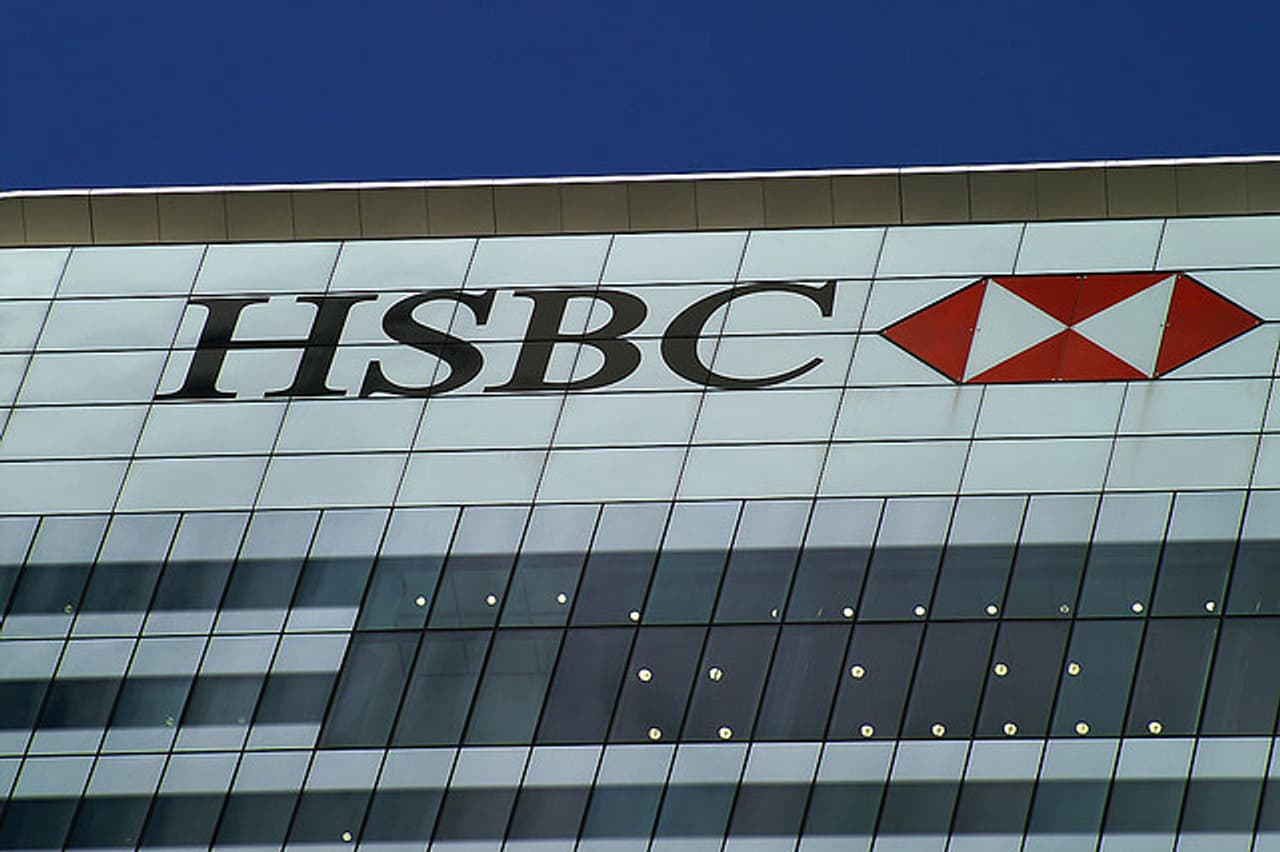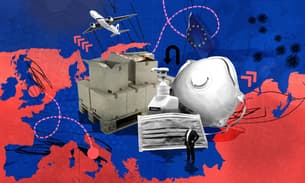
Analysis: HSBC’s links to Gaddafi’s regime in Libya
Earlier this month, the Bureau of Investigative Journalism exposed how HSBC acted for senior Egyptian politicians now facing corruption allegations.
A 20-page document leaked to anti-corruption campaign group, Global Witness now reveals a detailed analysis of the Libyan Investment Authority’s $55.86 billion portfolio.
The Management Information Report outlines the sovereign wealth fund’s investment position at the end of June last year. It appears to show that the LIA entrusted more than 70% of its $408m cash pile to HSBC. Split between ten accounts, HSBC seemingly banked $292.692m on behalf of Muammer Gaddafi’s regime. Of the ten accounts held in a mixture of dollars, sterling, euros and Canadian dollars, three accounts are held in Luxembourg – Europe’s most powerful investment management centre notorious for its secrecy.
In addition, a structured investment product managed by HSBC was worth $274m to the LIA.
It is important to stress that HSBC’s involvement with Gaddafi’s Libya was not illegal. Libya was not on any international sanction list. Only in recent months has its assets been frozen. Rather, the gates of this one-time pariah state were thrown open by the then UK Prime Minister Tony Blair and US President George Bush who encouraged banks, hedge funds and oil companies to secure contracts in the oil rich nation. According to the leaked document, these included Goldman Sachs, Societe General and London-based hedge fund, Millennium Global, as well as HSBC.
Last year, HSBC faced scrutiny from the US Senate Permanent subcommittee on Investigations over its involvement handling illicit cash from Gabon and Angola. Carl Levin, the chairman of a high-level US Senate Permanent subcommittee Investigations Committee, suggested that, despite HSBC claiming it has “enhanced due diligence” and the “highest levels of scrutiny”, the UK-based bank “facilitate[s] people evading the law”.
Then came the Bureau’s own investigation into HSBC which showed how the bank raised more than £450m for two of Egypt’s biggest property developers now embroiled in corruption court cases. Our findings concluded that it was the most active European investment bank in Egypt and had on its Egyptian board two directors who in 2004 went on to become ministers of state overseeing land sales and privatisations under Mubarak.
Click here for the Bureau’s investigation on HSBC role in controversial Egyptian land deals
HSBC states it strenuously follows all anti-corruption protocols. But the Bureau’s story argues that investment banks must improve their due diligence before they advise or fundraise for a company. This is so that banks are certain the assets of a company they are handling have not been secured as a result of a government minister or official abusing their position.
This concern is more sharply thrown into focus when you realise that the man who had overall responsibility for accepting Libyan cash and advising controversial Egyptian companies was Lord Stephen Green. Last January Lord Green was appointed a government trade and investment minister by the current UK Prime Minister David Cameron. Green’s responsibility? To further British business interests overseas. Green, whose links with Mubarak and his inner circle while at HSBC remain still a matter of debate, refused to comment to the Bureau on his relationship with the deposed Egyptian leader now facing trial for corruption.
All of which certainly does not bode well for Britain’s role under Cameron’s government as a champion of transparency and anti-corruption.




